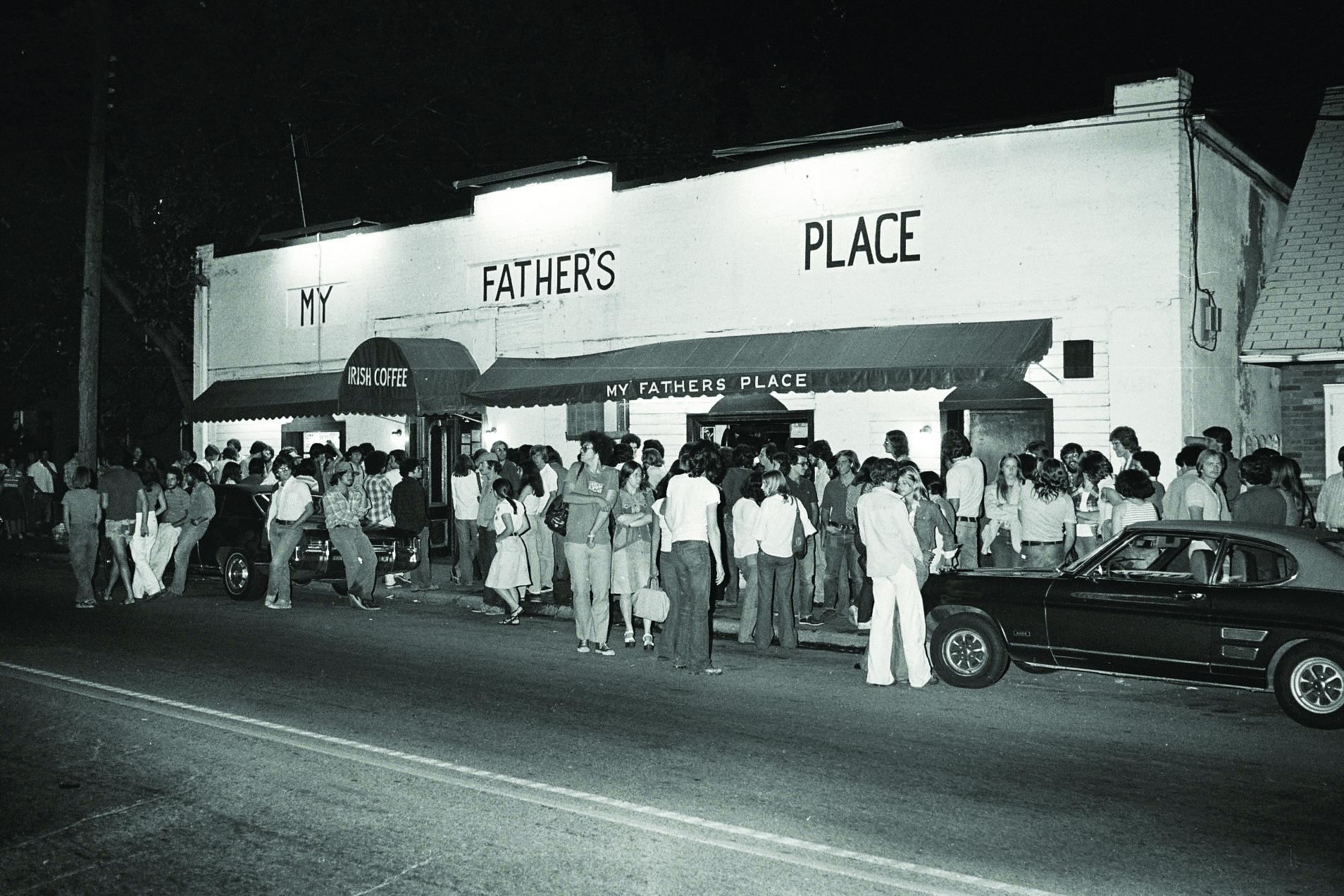Documentarian Meshakai Wolf finds inspiration in stories where “people are successful in nontypical ways that one wouldn’t expect.”
Few fit this description better than Michael “Eppy” Epstein, the owner and founder of Roslyn’s My Father’s Place, the music venue that gained fame in the 1970s and ‘80s.
Wolf’s documentary, “Names are BS” is a character story about Epstein that interweaves the legend of the nightclub to illustrate “the unlikely impresario” that Epstein was.
As a music enthusiast, Wolf connected with “Eppy’s desire and passion to bring talent to an area that isn’t New York City.”
While living in Atlanta after attending Emory University, Wolf opened an art gallery and ran his own record label, forming a community where people could be brought together over their shared passion for art.
Epstein brought the same idea to an international level, signing headliners such as the Talking Heads, Bob Marley and Bruce Springsteen.
My Father’s Place was opened in a golden age of music at a time when “milestones were happening by the month,” Wolf said.
“Every artist of today names their predecessors from the ‘70s as a musical influence,” he said.
Wolf points to Epstein’s partnership with the radio station WLIR as a catalyst to his success.
“The confluence of the live radio broadcast, the club itself and the era of music boosted My Father’s Place into a star-making machine,” he said.
Work on the documentary was on hold for a period but was rejuvenated with the reopening of the club at the Roslyn Hotel in June.
“A documentary cannot be forced,” said Wolf, “and the reiteration of My Father’s Place gave us the perfect ending to our story.”
Wolf and his team filmed the reopening of the club on June 30 but the film mainly focuses on capturing the nightclub in its heyday.
“It’s important to us to tell this story to younger people who have no idea about the club,” he said.
The production team has been focused on collecting archival material and creating re-enactments to capture “the energy behind live music” in that period.
Wolf encouraged fans to share their recollections of the original My Father’s Place with his team and will try their best to include them in the story.
“For everyone who went to the club, this is their story as well,” he said.
To raise community awareness of the project, Wolf created a Kickstarter campaign that raised $30,000 from 149 donors.
The money will help the team with costs such as vintage photography, archival elements, animation, music research and re-enactments.
It will also help with submission fees for film festivals once the film is completed.
Wolf hopes to premiere the film in New York City or at the Hamptons International Film Festival, but also has sights on HBO or Netflix picking up the film.



